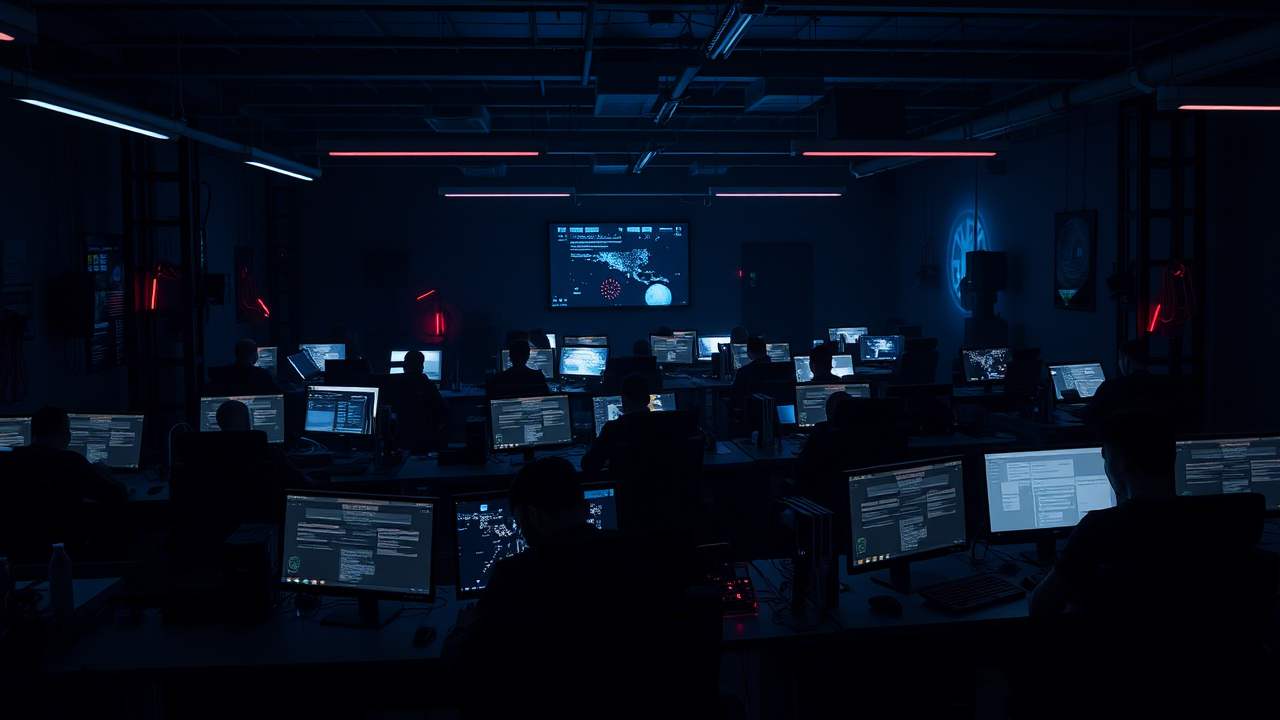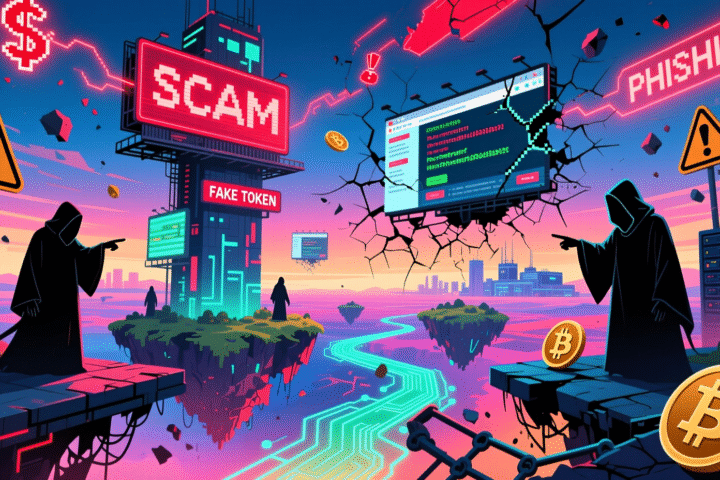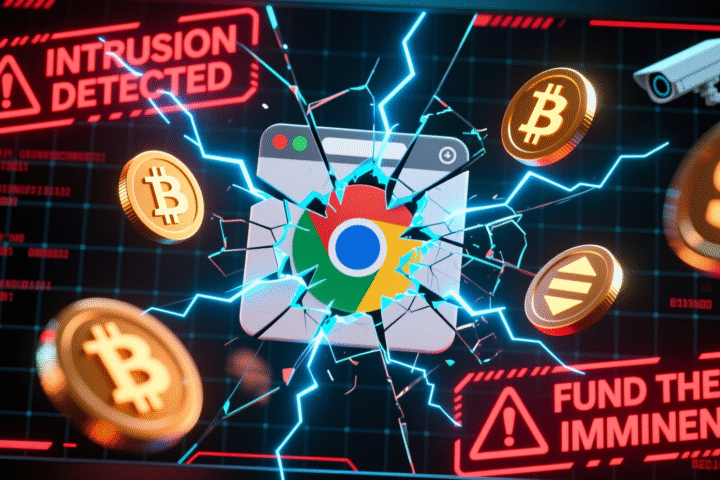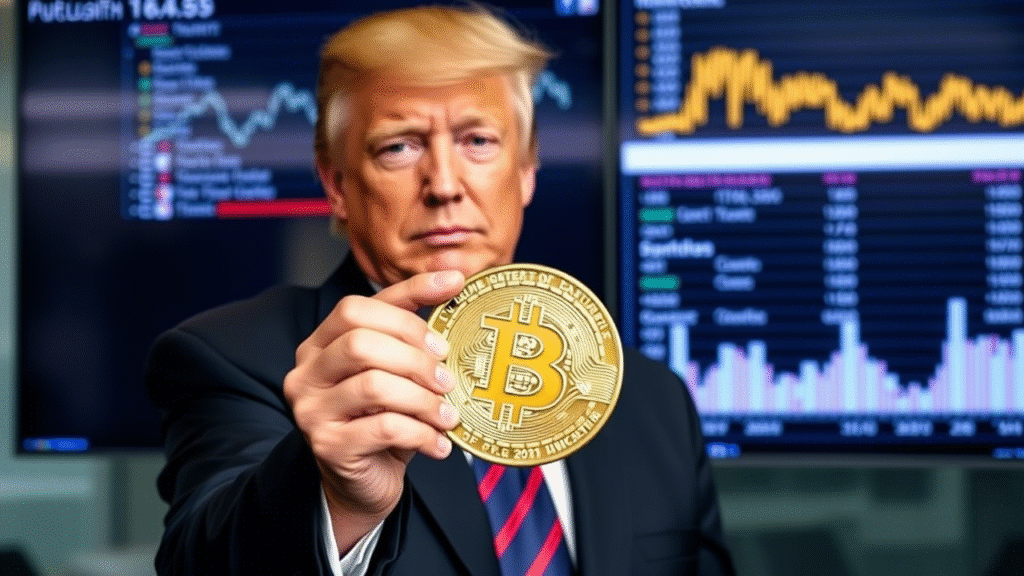Summary: What does the CoinDCX hack mean for SHIB investors?
The $44 million CoinDCX hack, tied to the Lazarus Group, highlights the rising risk of sophisticated attacks on centralized exchanges. SHIB investors—especially in India—are urged to move assets to secure wallets like hardware wallets or those compatible with Shibarium. This event is a clear reminder to prioritize self-custody and remain vigilant as crypto threats evolve.
The $44 million hack, which targeted Indian crypto exchange CoinDCX, has beеn linked to North Korea’s Lazarus Group. In response to the attack, the exchange launched a bounty program to recover assets and prevent future attacks.
On July 21, Cyvers, a Web3 security company, issued a statement indicating that the attackers followed methods consistent with previous Lazarus Group operations. CEO Deddy Lavid explained that the hackers used cross-chain bridges and Tornado Cash to hide the flow of stolen funds, tactics commonly linked to the notorious hacking group.
Lavid also emphasized that the $44 million breach, combined with the attackers’ sophisticated grasp of liquidity provisioning, pointed to the actions of a well-organized and highly skilled threat group.
Additionally, Lavid suggested that the hackers probably obtained backend access via exposed API keys, system misconfigurations, or overly permissive credentials. Once inside, they leveraged legitimate account permissions to transfer assets from Solana to Ethereum, subsequently laundering the funds through Tornado Cash.
“Although the comprоmised account was segregated from user wallets, its operational privileges were sufficient to execute large-scale fund movements without triggering immediate alarms,” Lavid stated.
Related: 7 Red Flags in DeFi Scams Every Crypto User Must Leаrn to Spot
On July 21, in response to the recent weekend hack, CoinDCX announced a bounty program offering up to 25% of recovered funds as a reward. The payout could reach as high as $11 million, contingent on the success of asset recovery efforts.
CoinDCX CEO Sumit Gupta emphasized that the program is designed to encourage white-hat hackers, researchers, and blockchain firms to aid in tracing and recovering the stolen assets.
“More than recovering the stolen funds, what is important for us is to identify and catch the attackers, because such things shouldn’t happen again, not with us, not with anyone in the industry,” Gupta stated.
Lazarus Group Hack: Security Alert for SHIB Investors
For SHIB investors, especially those based in India where crypto adoption continues to rise, the recent CoinDCX hack is a stark reminder about the importance of security in the digital asset space.
Rather than keeping large amounts of SHIB or other tokens on centralized exchanges, which have become prime targets for advanced hacking groups, investors should consider using more secure options like hardware wallets or wallets compatible with Shibarium.
Related: How Multi-Sig Wallets Secure Teams, DAOs, and Shared Crypto Funds
This incident also emphasizes the growing sophistication of hacking groups like the Lazarus Group, which are targeting centralized platforms with increаsingly complex methods to exploit weaknesses. For SHIB holders, this means that the risk isn’t just theoretical—real-world threats are evolving alongside the technology.
Taking proactive steps to secure crypto assets, such as regularly updating wallet software, verifying the authenticity of dApps, and using multi-factor authentication, can help reduce exposure to these threats.
As Shiba Inu’s ecosystem expands with developments like Shibarium, it becomes even more crucial for holders to educate themselves on safe practices.












